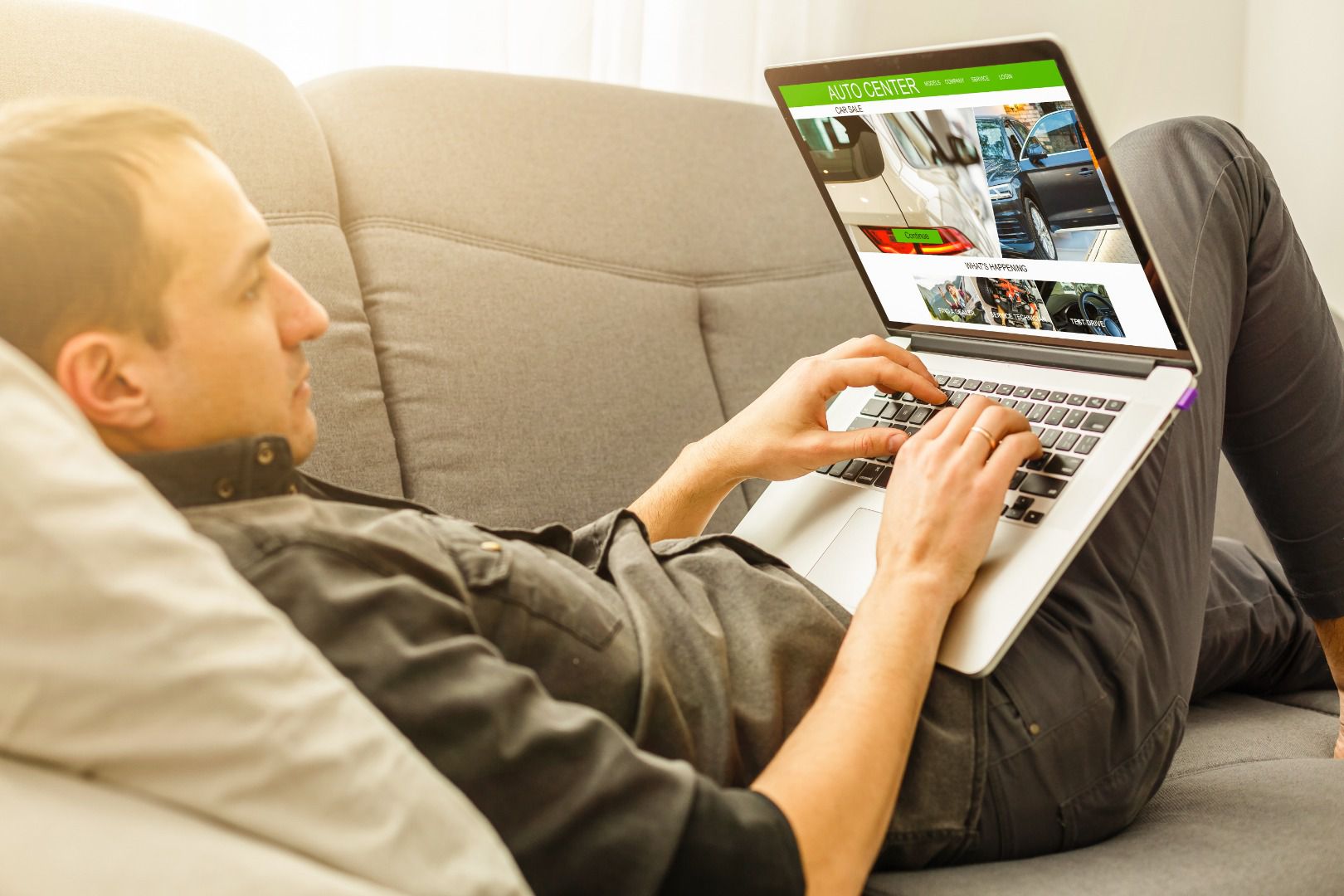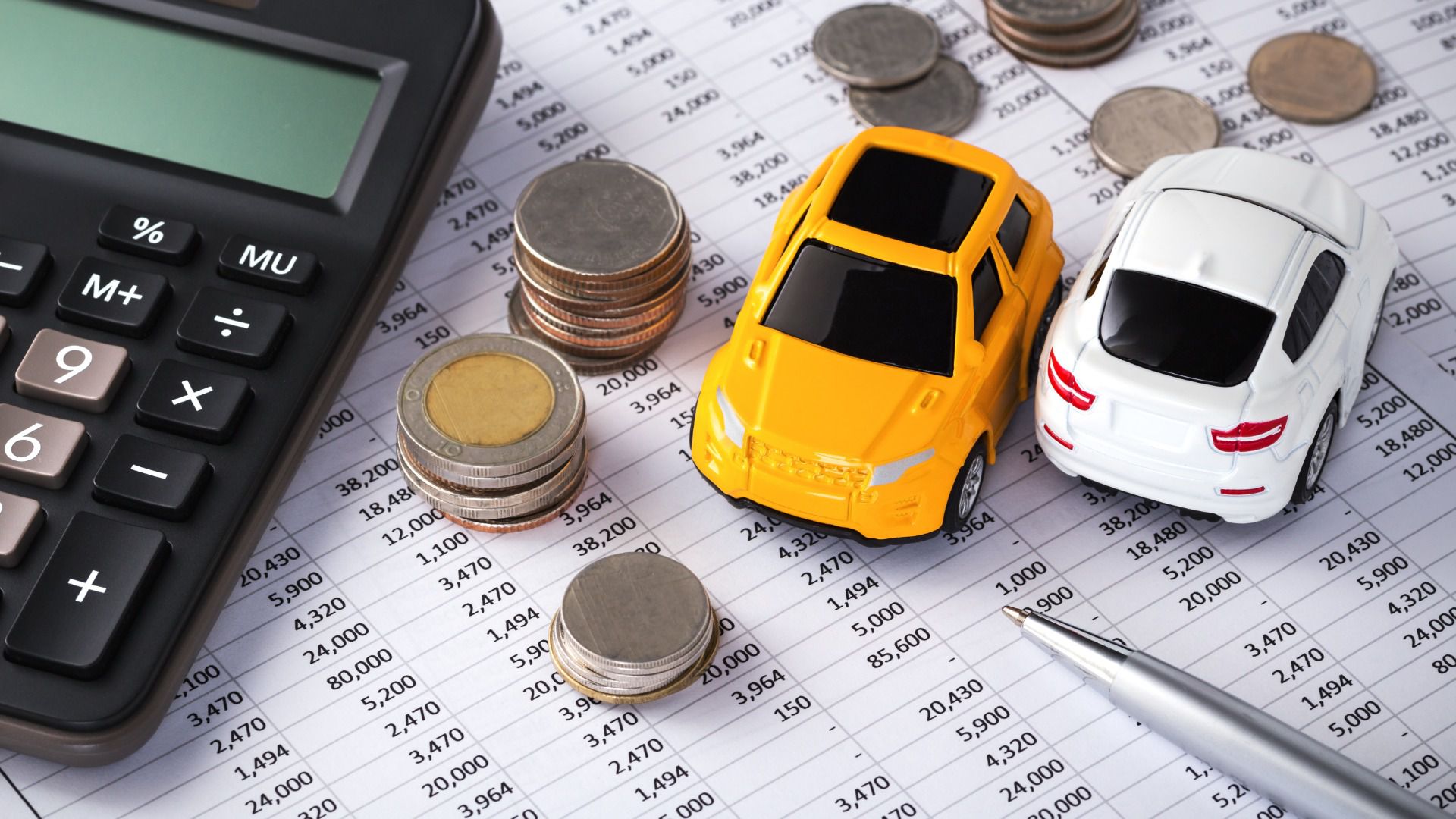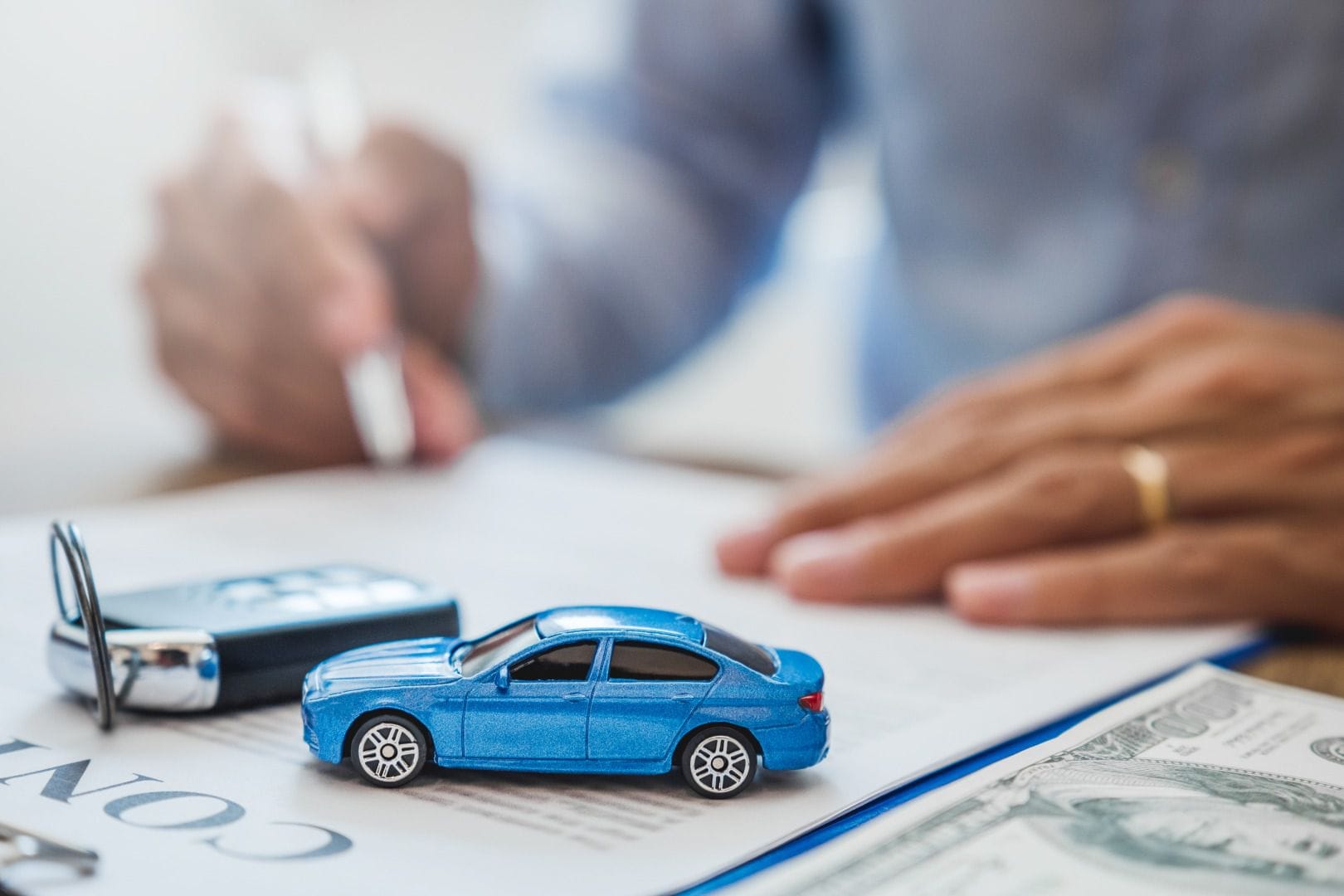Recent Articles
Popular Makes
Body Types
How to Negotiate With the Car Dealer

Typical American consumers don’t like to haggle over a purchase. In fact, most absolutely hate it. Americans aren't used to bargaining for the items they buy, so negotiating with a car dealer is alien to them. But they realize that to get a good price on a vehicle, they have to negotiate with the dealer. If they don’t, they could end up spending more money on a new vehicle than they have to... and that’s not a good feeling.
That’s why negotiating with a car dealer is so painful for so many people. Car buyers feel obligated to haggle, but at the same time, it doesn't feel right to them. It's not uncommon for the typical car-buyer to feel like he's an uneducated country bumpkin trying to out-haggle a city slicker who has done it all a million times. But despite popular belief, the reality is that when you negotiate with a car dealer, you are the one who has all the power.
Know What You Want
One trap that car buyers frequently fall into is negotiating before they are ready to negotiate. They casually stroll into a car dealership “just to look around,” and the next thing they know, they have bought a new car and sold their old car. And worst of all, they don’t know if they overpaid or were given a fair price. If you leave a dealership feeling confused like this, odds are that the negotiation didn't go well. The car buyer might have even purchased a vehicle that isn't well-suited for them.
The first thing you need to do to prepare for a negotiation is to do your research before you even step into a dealership. If you want to eke out a good deal, you have to prepare. Do not make your car purchases into impulse buys. Be intentional about what you want.

Photo by Drobot Dean - stock.adobe.com
Know What It Costs
One of the parameters that will help you make a decision on what to buy is how much that vehicle costs. You can compare manufacturers' suggested retail prices (MSRPs) of various vehicles that have caught your fancy, but you can go far deeper than that. Today, several websites can give you a good indication of what consumers are typically paying for the vehicles you are interested in. And those “transaction prices” can differ markedly from the suggested prices.
So, once you've narrowed down your options, you need to decide on your top dollar — the maximum you'd pay for the vehicle. Base that expectation on what others are paying. If you were buying a home, you'd be wise to research what comparable homes recently sold for. In the same vein, checking vehicle transaction prices gives you a critical piece of information that should be the North Star of your negotiations with a dealer.

Photo by sinenkiy.com.ua
Know What Your Current Vehicle Is Worth
If you currently own a car that you don't plan to keep, you need to decide how you want to sell it. Are you going to sell it to the dealer from whom you plan to purchase your next car? Or are you going to sell it independently? Many people decide to trade in their cars. There’s nothing wrong with that... as long as your car is appraised fairly. And the only way to avoid losing out on hundreds or thousands of dollars in a trade-in deal is to know what your current vehicle is worth. Again, the Internet makes that research pretty easy.

Photo by Suchada Toemkraisri-Adobe Stock
Have a Financial Plan in Place
How are you going to pay for your new vehicle? A surprising number of people who plan to buy a new car don’t think this through. They don’t have enough money to buy a new car with cash, and they don’t have a good idea of what they can afford monthly if they get a car loan.
To negotiate with a dealer effectively, don’t walk in the door until you know what you can afford to pay either in cash or monthly using a car loan. If you’re going to borrow money to buy a car, you also need to know how much money you can afford to pay as a down payment. The best-case scenario is that you can afford to buy the car you want with cash up front. Another good alternative would be to research financing option and get pre-approved for an auto loan that meets your financial objectives and matches your situation before you visit a dealer.

Photo by Adobe Stock
Understand Your Position
Before walking through the doors of a showroom, you should already have a game plan. You want to understand your strengths and weakness and those of the dealer. Then you want to use your strengths as leverage to get the best deal for yourself. At the same time, you want to respect the dealer’s strengths and seal a deal that works for you and the dealer.
As you assess your strengths, you should come to understand you have all the advantages. The dealer has to sell cars to stay in business. The dealer has a big store, a service operation, and a lot of employees to pay. All of that means pressure to make sales. You, on the other hand, don’t have to buy from that dealer. In fact, you probably don’t have to buy a new car at all. So in poker terms, you have all the high cards.

Photo by Seventyfour - stock.adobe.com
Leverage Your Knowledge
Knowing that you have the upper hand, you are in a great position to negotiate with the dealer. You know the vehicle you want, and how much you're willing to pay for it. You have a very good idea of what your current vehicle is worth so that if you trade it in, you know the minimum price you're willing to accept. And you have the cash to buy the car or have been pre-approved for financing.
With all these high cards in your hand, you are in a great position to have a successful negotiation. What's more, most car salesmen and dealership executives will respect you for your preparedness and immediately grasp that you won’t be a pushover.

Photo by kodt - stock.adobe.com
Present Your Opening Bargaining Position
With all of this information at your fingertips, it shouldn’t be difficult to lay out to the car salesperson what you want to buy. In fact, if you have done research on the dealer’s inventory, you can tell the salesperson exactly what vehicle you want to buy. This is very helpful to arrive at a quick deal. But even more helpful is the fact you can tell the salesperson what you are willing to pay for it. As an “opening position,” you might want to ask for a price that is somewhat lower than you would ultimately be willing to pay. But don’t make the offer so ridiculously low that the salesperson will not believe you have done your research.
As you negotiate, concentrate on getting to a firm “cash price” for the vehicle. You know what you are willing to pay for it because you have seen what others have paid for the same thing. What you are asking is not unreasonable. You are simply asking to pay the “market price” for the new vehicle. That should be a good deal for you and leave a reasonable profit for the dealer.

Photo by Aldeca Productions - stock.adobe.com
Be Firm and Honest
When negotiating on your new vehicle's price, you should be firm because your research has told you that you're right on the money. And you should be honest about the research you did and how you did it. This will help establish your credibility. Your goal should be not to one-up the salesperson or the dealership but instead to come to a deal that benefits both you and the dealership.
If you are thinking of trading in your current vehicle, treat that as a completely separate transaction. That way, you can lean on your research on what your car is worth. Again, be firm and honest. Similarly, if you want to investigate financing offered by the dealer, feel free to do so armed with the knowledge of the auto loan you have already gotten pre-approved for.

Photo by Industrieblick - stock.adobe.com
Be Willing to Leave
Using this coaching and these steps, you should be able to come to an agreement with the dealership. But if you can’t, don’t get angry or upset. Don’t lose your cool or your dignity. You always, always have the ability to thank the salesperson for his or her time and walk out the door.
You don’t need to buy a car today. You don’t need to buy that bright, shiny car that smelled so new on the showroom lot. There will be another car just as bright and shiny as that one at another dealership. And the deal you will make on that car will be as good or even better than the deal you turned your back on.
At the end of the day, you are not adopting a child or even buying a pet. You are purchasing a consumer product that is manufactured in staggering numbers and is available from many vendors. When you negotiate with a car dealer, that is your special power.

Photo by Anya Berkut